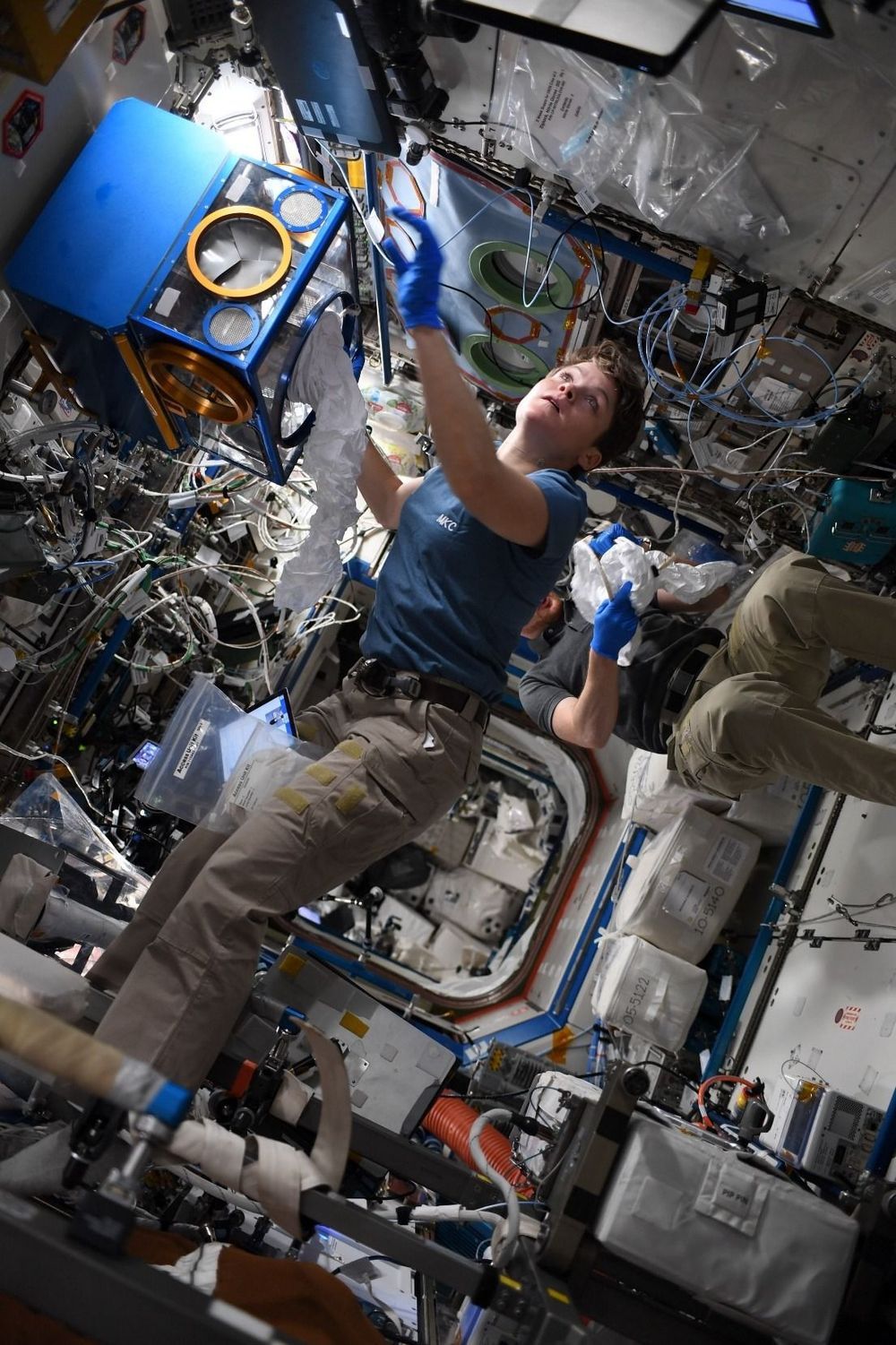Page 8206
May 6, 2019
Spin-Swapping Particles Could Be “Quantum Cheshire Cats”
Posted by Genevieve Klien in categories: particle physics, quantum physics
A proposed experiment to swap fundamental properties between photons carries profound implications for our understanding of reality itself.
- By Anil Ananthaswamy on May 6, 2019
May 6, 2019
Is it time we gave nuclear power another chance?
Posted by Genevieve Klien in category: nuclear energy
May 6, 2019
5,000 Years in The Making
Posted by Genevieve Klien in categories: climatology, health, sustainability
Dear Colleagues.
ReWheel, Inc. was founded to save energy based on a simple truth that wasting energy is extremely not smart … as well as very damaging to our planet’s health.
Most of us are either scientists or believe in science. And that is how we know that we are losing the war against climate change. This war will not be won by any one technology but by our combined efforts. To protect our planet for our children and their children, and those who comes after, we need to act.
May 6, 2019
Bone Marrow Transplants Increase Healthy Lifespan in Mice
Posted by Steve Hill in categories: biotech/medical, life extension
Stem cell transplants have been of great interest to aging researchers, and, in a new study, they have successfully increased mouse lifespan by using stem cell therapy. While this has been previously achieved, this experiment was more refined than older studies and sheds new light on the potential of tissue regeneration through stem cells.
The significant extension of maximum lifespan could be considered an indication that any intervention is targeting a core hallmark of aging or, in the case of small increases of lifespan, at least indirectly influencing it.
Through bone marrow transplants, the researchers have significantly increased the lifespans of mice and believe that they are directly targeting an aging process directly [1]. Given that stem cell exhaustion is a hallmark of aging, they are likely correct.
Continue reading “Bone Marrow Transplants Increase Healthy Lifespan in Mice” »
May 6, 2019
We’ve found an icy new super-Earth that’s orbiting our closest single star
Posted by Steve Nichols in categories: computing, neuroscience, space
SpiNNaker was built under the leadership of Professor Steve Furber at The University of Manchester, a principal designer of two products that earned the Queen’s Award for Technology —the ARM 32-bit RISC microprocessor, and the BBC Microcomputer.
“The ultimate objective for the project has always been a million cores in a single computer for real time brain modelling applications, and we have now achieved it, which is fantastic.” — Professor Steve Furber, The University of Manchester
Inspired by the human brain, the SpiNNaker is capable of sending billions of small amounts of information simultaneously. The SpiNNaker has a staggering 1 million processors that are able to perform over 200 million actions per second.
Continue reading “We’ve found an icy new super-Earth that’s orbiting our closest single star” »
May 6, 2019
Why the ‘post-natural’ age could be strange and beautiful
Posted by Steve Nichols in category: futurism
Humanity has changed nature profoundly, but it may be only the beginning. Researcher Lauren Holt explores what the far future could bring for the planet’s organisms – and for us.
May 6, 2019
Dataset bridges human vision and machine learning
Posted by Mike Ruban in categories: biotech/medical, neuroscience, robotics/AI
Neuroscience, computer vision collaborate to better understand visual information processing PITTSBURGH—Neuroscientists and computer vision scientists say a new dataset of unprecedented size — comprising brain scans of four volunteers who each viewed 5,000 images — will help researchers better understand how the brain processes images. Researchers at Carnegie Mellon University and Fordham University, reporting today in the journal Scientific Data, said acquiring functional magnetic resonance imaging (fMRI) scans at this scale presented unique challenges. Each volunteer participated in 20 or more hours of MRI scanning, challenging both their perseverance and the experimenters’ ability to coordinate across scanning sessions. The extreme.

While the International Space Station was traveling over the north Atlantic Ocean, astronauts David Saint-Jacques of the Canadian Space Agency and Nick Hague of NASA grappled Dragon at 7:01 a.m. EDT using the space station’s robotic arm Canadarm2. go.nasa.gov/2WmNrki
May 6, 2019
Staying Healthy Longer in Space
Posted by Michael Lance in categories: biotech/medical, space
Spaceflight — in addition to being awesome — causes significant changes in the human immune system. We are careful with our astronauts so they don’t get sick during spaceflight, but we need to ensure their immune systems are strong when they start embarking on longer trips. Learn about the latest International Space Station research: https://www.nasa.gov/mission_pages/station/research/news/rr-…y-in-space
















